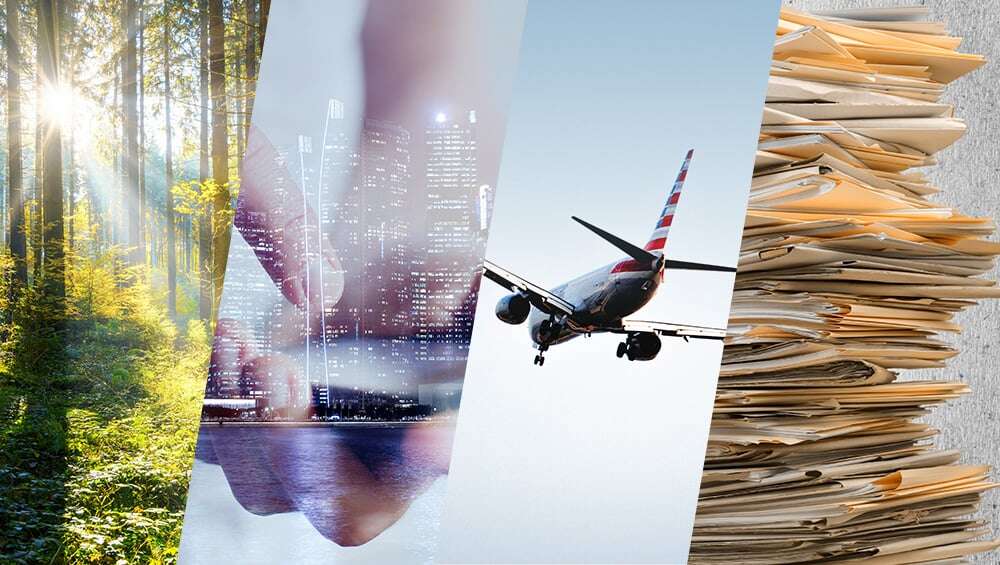The world is becoming increasingly digital and this is having profound effects in a whole range of areas. One of the less-appreciated impacts is that goods and services are becoming more and more ‘dematerialised’ – you can read a book without having to turn a page, listen to music without having to put on a CD or stream a film over the internet without having to go to the cinema or buy a DVD – you still receive the service but you don’t need a physical product to do so.
Perhaps the example of this is the impact of your smartphone – today, making telephone calls is the least of its capabilities. It can now store all your music, films, photos and books, as well as removing the need for you to carry around everything from cameras to torches, and from make-up mirrors to maps
The annual meeting might not seem like an obvious candidate to be affected by the rise in dematerialisation, but it is not immune from the trend.
According to research, carrying out an election for 10,000 voters using paper ballots generates more than 500kg of greenhouse gas emissions, the same as driving 1,000 miles in an average car. If you mail the ballot paper to voters in advance, the emissions are even higher.
Lumi is the power behind many of the world’s shareholder and member meetings, and we can help you transform your annual meeting from traditional paper poll cards, to simple, secure electronic and online voting - enabling your meetings to be more transparent, as well as being more environmentally friendly.
Hybrid meetings are better for the environment for two reasons. The first is that they allow shareholders to attend remotely, without having to physically travel to the meeting, creating a carbon footprint as they go. In addition, if more people are attending online, you don’t need as big a venue, which also reduces your environmental impact due to a lower energy consumption for heating, lighting and electricity. By e-mailing details and ballot papers to shareholders, even those who are attending physically, you are also removing the environmental impacts of posting large amounts of paper.
The second key benefit is that you can create a permanent record of all aspects of your meeting – who has registered, who attends, how they vote – while doing away with the need for paper, for registration slips, identification letters, information documents and voting papers. All this information can be stored digitally for people to access on their phones or laptops.
Not only does this remove significant amounts of waste, it also streamlines all of the processes of the meeting, making it easier and quicker for your members or shareholders to register and vote. And information about the meeting is much easier to access and process, too, before, during and after the event. At any point during the meeting, organizers can see who is in attendance, whether they have voted and what the results of those votes are. Once the event is finished, the information is easily accessible in digital form to analyse without having to wade through mountains of paper. Nor do you need to physically file and store it, reducing your physical storage requirements.
While there are clear benefits to putting as much of your meeting as possible online, there are still environmental consequences to using the internet and the cloud, because data centres are significant users of power. However, a growing number of data centres are going green by buying their power from renewable energy providers, while the electricity system as a whole is also becoming more renewable all the time, meaning the impact of data centres is reducing over time.
Switching to hybrid meetings doesn’t just make your meetings easier to organize, it’s clearly the greener alternative, too. At a time when there are concerns over resource scarcity, water shortages, the impact of energy use and climate change, being able to do more with less energy and fewer resources is a must.
To discuss this further, please contact one of the team here.



